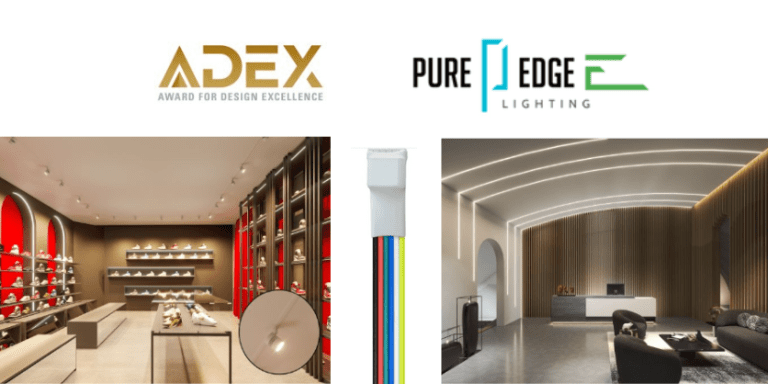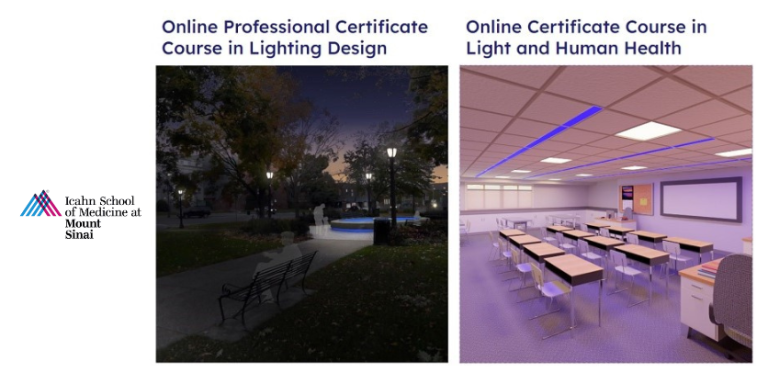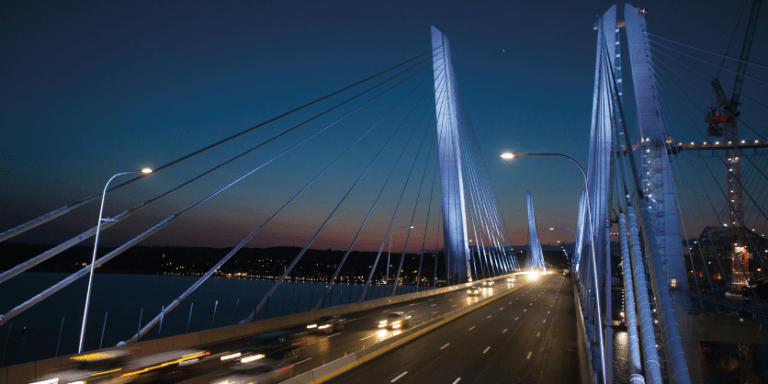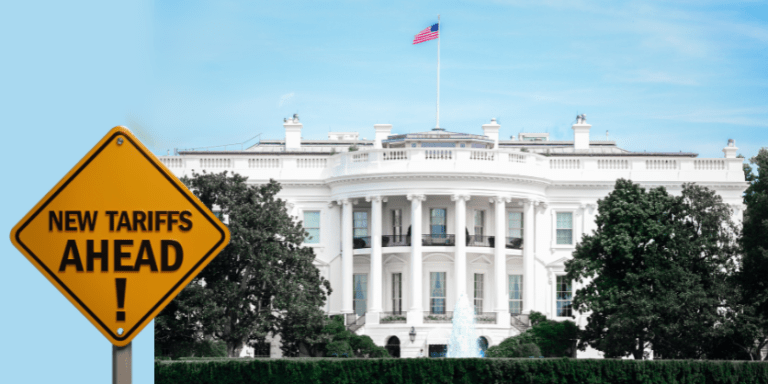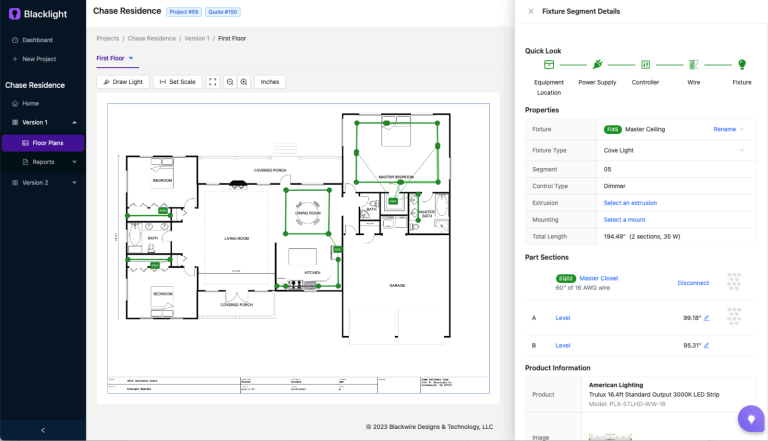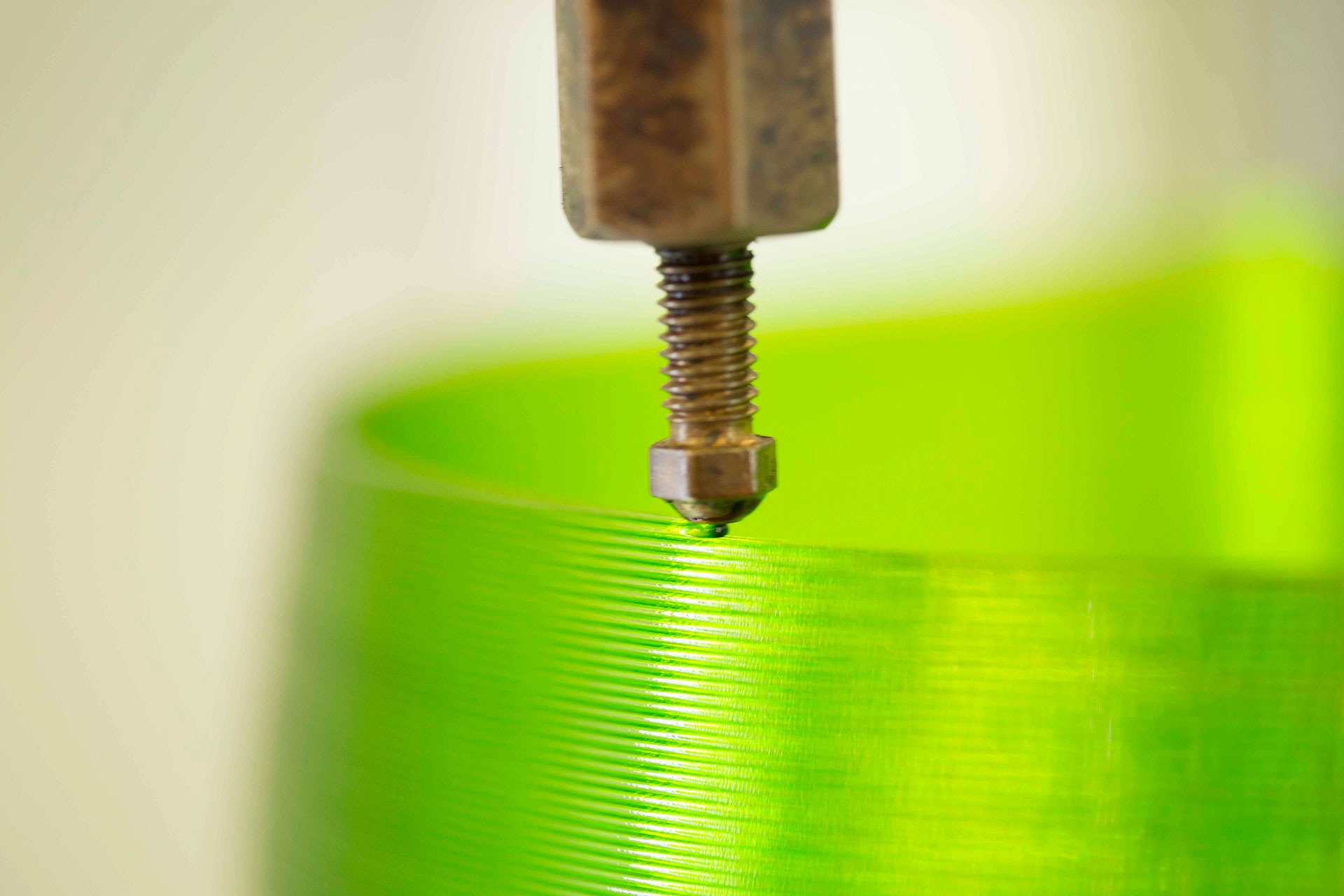Lightfair 2025: Industry Resilience Amid Challenging Times
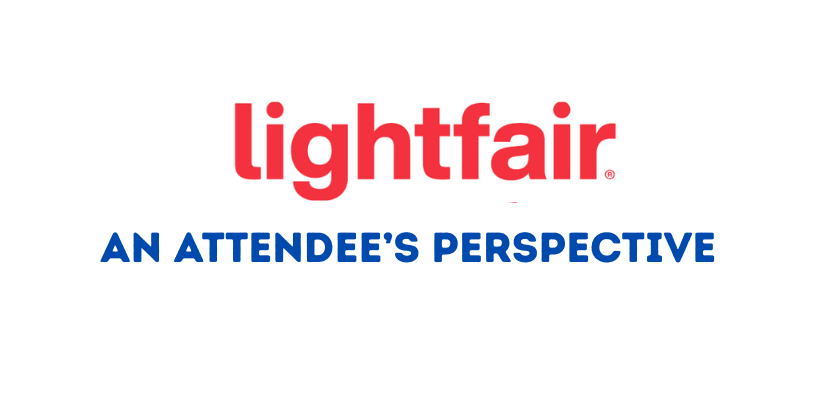
By Cory Peterson, VP/Marketing & Sales Operations, LED Lighting Supply
Lightfair 2025 in Las Vegas has concluded, and while this year’s event may not have shattered attendance records, it continues to demonstrate its importance as a central gathering point for the lighting industry. The annual showcase offered valuable insights into where the lighting sector stands today and provided clues about the road ahead.
Attendance Trends and Contributing Factors
This year’s show saw a noticeable dip in attendance compared to Lightfair 2024. According to multiple participants, the decrease appears to be part of a sustained trend rather than an isolated occurrence. Several factors likely contributed to this decline.
Additionally, the impact of recently implemented tariffs seemed to have deterred some potential attendees. Conversations throughout the exhibition hall frequently circled back to concerns about trade policies and their implications for the industry as a whole. Several reserved booth spaces remained conspicuously empty — a visual reminder of the challenges facing exhibitors.
International participation was particularly affected this year. Reports of immigration complications for participants from outside the United States suggest that global representation from across the globe was hampered by factors beyond the control of event organizers. These logistical hurdles undoubtedly played a role in the overall attendance figures.
Mixed Experiences on the Show Floor
Speaking with representatives across various segments of the lighting industry, among them manufacturers, distributors and reps, revealed a common theme: most described the show atmosphere as “quiet.” This sentiment was expressed by domestic lighting suppliers, international manufacturers, energy-efficiency companies on the hunt for the next innovation, and software-as-a-service providers serving the industry alike.
The notable exceptions were the mainstay American brands, whose booths maintained a lively, almost celebratory environment. These industry stalwarts provided welcome energy to the proceedings, right at the entry way — complete with networking opportunities and refreshments that some attendees (including this writer) regrettably missed out on.
Product Showcases and Innovation Fatigue
Similar to observations from LEDucation earlier this year, LightFair 2025 featured numerous booths showcasing remarkably similar product lines. This repetition potentially contributed to a sense of “innovation fatigue” among attendees walking the show floor. When every other booth features slight variations on identical themes, maintaining engagement becomes increasingly challenging. Those showcasing products besides the standard high bay lights, spec architectural lights or strip lights certainly saw higher booth traffic willing to speak to sales reps.
Despite the subdued atmosphere on the main floor, Lightfair’s value as an industry nexus remained evident. The event facilitated countless side meetings between customers and vendors, both at the convention centers meeting areas and at nearby hotels. These interactions highlight Lightfair’s enduring importance as a gathering place for industry professionals to connect, negotiate, and build relationships.
Several exhibitors managed to break through the noise with distinctive offerings. Energy efficiency systems drew attention, as did companies showcasing innovative solar solutions including high-wattage solar lights and integrated solar poles. Particularly noteworthy were the booths demonstrating creative approaches to mitigating tariff impacts — proving that adversity often drives innovation in unexpected ways.
Concerns about tariffs cast a long shadow over this year’s proceedings. Even established American manufacturers like Keystone Technologies were openly monitoring the evolving trade situation. These conversations underscored a fundamental reality: today’s lighting supply chain has become intrinsically global, making isolation from international trade dynamics virtually impossible. The positive news of some tariff relief just days after certainly will have come as a positive update for all in the industry.
Despite the challenges evident during the event, an undercurrent of optimism remained detectable. The general consensus among industry veterans suggested that any economic slowdown resulting from tariff increases and subsequent negotiations would likely be short-lived. Most exhibitors and attendees maintained confidence that the long-term outlook for the lighting industry remains positive, with temporary setbacks unlikely to derail broader growth trajectories.
Lightfair 2025 may not have matched the energy and attendance of past iterations, but it successfully fulfilled its role as a barometer for the lighting industry. The event revealed both challenges and opportunities, providing valuable intelligence for industry participants navigating this period of adjustment.
The resilience displayed by exhibitors and the continued commitment to innovation, even amid uncertainty, speaks to the lighting industry’s adaptability. As global trade landscapes and economic conditions continue to evolve, this adaptability will remain a crucial asset for companies throughout the lighting sector.
While attendance numbers may fluctuate and specific concerns may change from year to year, Lightfair’s position as an essential industry gathering remains secure. The connections made, information shared, and innovations displayed continue to provide value that extends well beyond the exhibition floor — ensuring that, regardless of temporary headwinds, Lightfair will remain a cornerstone event for lighting professionals for years to come.
_________________________________________________________________________
As Vice President of Marketing and Sales Operations at LED Lighting Supply, Cory Peterson oversees all aspects of revenue growth, from lead generation to product and sales strategy. He is passionate about solving customer needs through deep research and experimentation.


